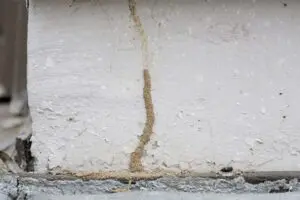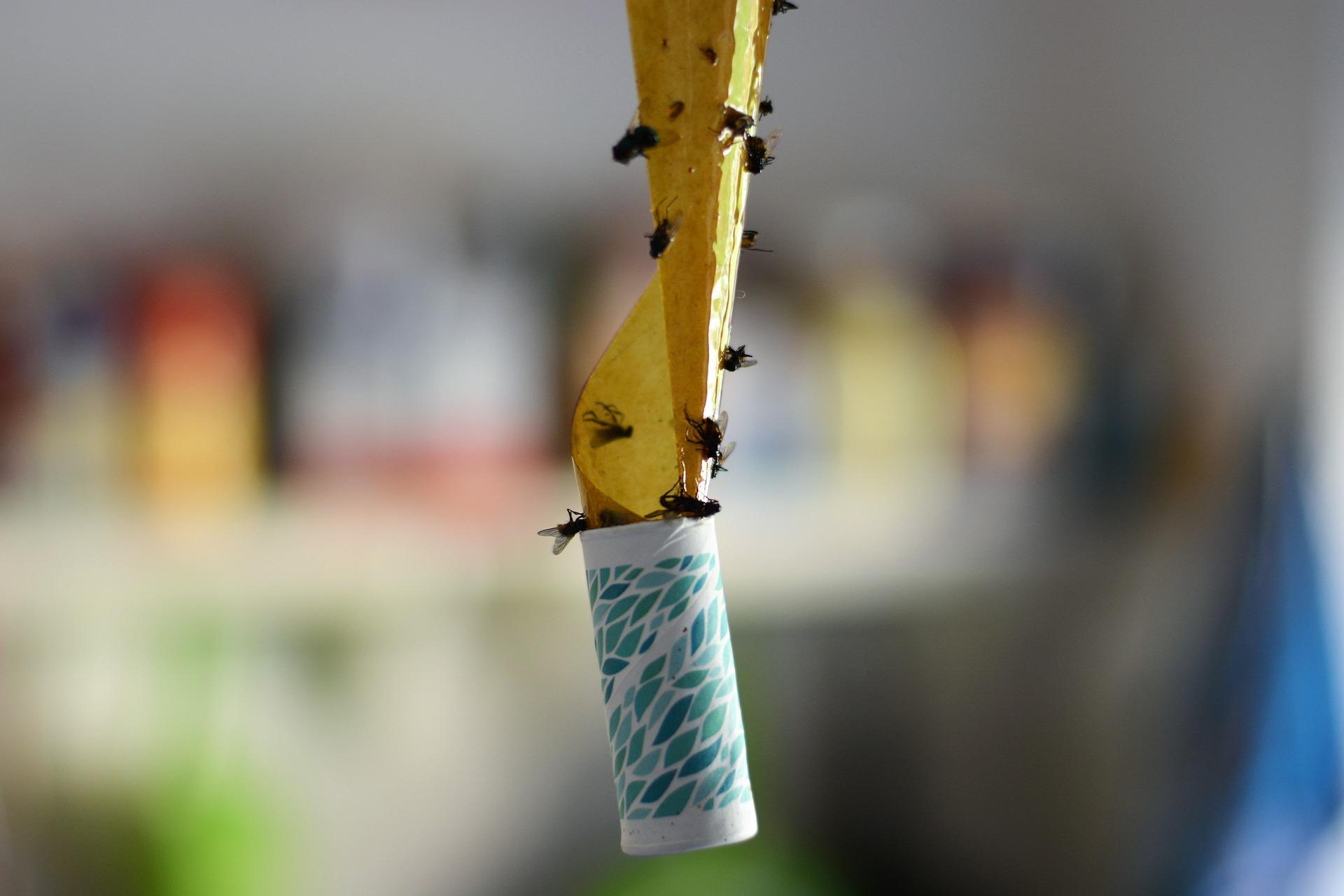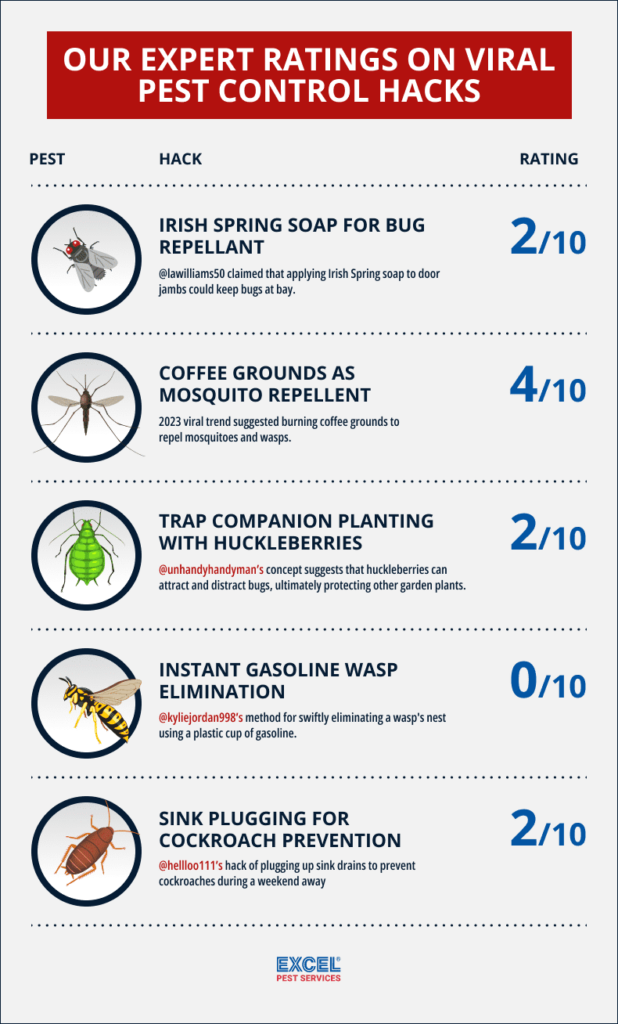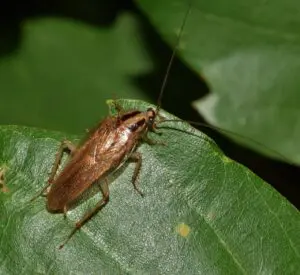

Debunking Top 8 TikTok Pest Control Trends
TikTok has become a massive platform for sharing innovative ideas and lifestyle hacks, even extending to the realm of pest control. These pest control tips often promise swift, budget-friendly remedies to tackle common home pest infestations.
However, while these methods aim to offer simple solutions, there’s a risk of employing these hacks without a full understanding of their implications or if they even hold any merit.
To help you discern right from wrong, Nick Pulsonetti, Director of Business and pest expert here at Excel Pest Services has delved into the 6 biggest TikTok pest control trends, separating fact from fiction and highlighting the importance of making informed decisions when it comes to managing pests.

1. Irish Spring Soap can repel insects
@lawilliams50
#mississippi
#foryoupage
#oldwivestales
♬ original sound - user6990472752974
In theory: In April 2023, TikTok user @lawilliams50 claimed that applying Irish Spring soap to door jambs could keep bugs at bay. The video has amassed over 218,000 likes, 9,051 shares, 700 comments and an astounding 5.2 million views. TikTokers advise that the soap is able to damage insects' exoskeletons, causing them to dry out.
In Practice: “While some natural pest-repellent scents such as thyme, lavender's linalool, and eucalyptus are known to deter pests, Irish Spring's ingredients do not.”
Nick’s verdict: Myth
2. Coffee grounds can repel mosquitos
@mbalinhlapho7 Replying to @user277298682868
#askmbali
#traningatwork
#sistersatworkcleaningservices
#cleaningbookbymbali
#diywith
#gettingridofmosquitos
#imahousekeeper
#immbalinhlapho
♬ original sound - Mbali Nhlapho house keeper
In theory: In July 2023, a viral trend suggested burning coffee grounds to repel mosquitoes. The concept behind this hack is intriguing, as coffee grounds are known for their potent aroma.
In practice: “Mosquitoes have a heightened sensitivity to smell, which they rely on for finding areas to breed and eat. Coffee grounds, known for their concentrated and potent aroma, can disrupt mosquitoes’ sensory receptors, overwhelming their ability to locate humans by smell. While it won’t completely get rid of them, we would still recommend trying it.”
Nick’s verdict: True.
3. Huckleberries can stop pests from destroying your plants
@unhandyhandyman Trap plant that works!
#gardeninghacks
#companionplanting
#huckleberries
@thezenhenandthehoneybee
♬ original sound - Rob Drucker
In theory: This concept suggests that huckleberries can attract and distract bugs, ultimately protecting other garden plants from infestation.
In practice: “Huckleberries are not widely known to ward off bugs and are not scientifically recognized as bug repellents. There are other trap crops you can use, but their efficacy hinges on various factors.” Nick explained further, “For example, Marigolds repel nematodes while nasturtiums are known to deter squash bugs and aphids. Mint keeps aphids and ants away while basil is renowned for warding off flies and mosquitoes. You also have to factor in local conditions such as weather and infestation levels in the area, which can vary widely day to day.”
Nick’s verdict: Myth
4. Use a gasoline filled cup to destroy wasp nests
@kyliejordan998
Excuse my husband's foul mouth :rolling_on_the_floor_laughing: will never get rid of wasp nest another way again!
#tiktokhacks
#gasolina
#wasp
#fyp
♬ Back In Black - AC/DC
In theory: Place a gasoline-filled cup over a wasp nest, causing them to perish from the fumes.
In practice: “Besides being unethical, eliminating stinging insect nests in this way can put you in a dangerous situation - especially if you are allergic. Although this method seems to be all the “buzz” online, what people do not realize is that the “worker” bees/wasps/hornets are constantly going to and from their hive. Even if a person were to cover this nest with a cup, you won’t be able to target all of the insects and the workers returning to the nest/hive will see that their colony is under attack and retaliate. Calling the professionals is always the preferred choice when dealing with these insects.”
Nick’s verdict: Myth
5. Sink plugging can prevent cockroaches
@hellloo111 iykyk
#nyc
#apartmenthacks
#roachgirl
#coverup
#brooklyn
#pov
♬ Miracles Happen - user20360429181
In theory: In July 2023, a New York City tenant, @hellloo111, shared her experience of plugging up sink drains to prevent cockroaches during a weekend away in a viral TikTok video. The rationale behind this approach is that cockroaches thrive in moist environments.
In practice: “Cockroaches have a remarkable ability to survive with minimal food but require moisture to thrive. Sink drains become attractive habitats for them, especially when faucets leak, increasing moisture levels. Sinks also have a tendency to collect food scraps in kitchens and organic materials in bathroom drains, offering a readily available food source for these pests.
When residents depart for the weekend, reduced water usage and less food going down their drains may prompt cockroaches to venture out of their drain dwellings and search for sustenance within the apartments. For this reason, we would recommend plugging your sink when it’s not in use.”
Nick’s verdict: True
6. Place suitcases on soft surfaces to prevent bed bugs, and wash its contents after travelling
@alykima The most important video you will watch today. Send this to your travel buddy and follow these 3 steps to keep yourself safe from bringing home bed bugs. This advice is straight from the pest control professfional. Stay safe❤️ #travelingtheworld #traveltiktok #travel2023 #travelsafety #travelhacks #traveltips #bedbugs ♬ original sound - Aly Kima
In theory: Separating fresh and worn clothes, placing suitcases on soft surfaces and washing everything upon returning home will help travellers prevent a bed bug infestation.
In practice: “These are helpful tips but I’d also suggest that travellers should put their suitcase in the hotel bathroom, or even in the bathtub, as it is generally the farthest point of the room from bedding or clothes. I also recommend washing your clothes prior to putting them back into your suitcase as the washing and drying cycle will eliminate any live bed bugs or eggs that may be on your clothing.”
Nick’s verdict: True
7. Use a glass and a piece of fruit to get rid of fruit flies
@andrelifehack A great way to get rid of flies😎
#andrelifehack
#andreiemelianov
#lifehack
#lifehacks
♬ оригинальный звук - This is hack
In theory: Using a glass and a piece of fruit, you are able to attract, trap and eliminate fruit flies effectively.
In practice: “Although this seems like a cool science experiment, it is only a very short-term solution. This is because fruit flies are social creatures, often travel in groups, and reproduce at high rates. This means that while this method may catch some fruit flies, it will not effectively eliminate the group. Having regular drain treatments, window treatments, and keeping spoiled fruits and vegetables out of your home will get rid of these pests much more efficiently.”
Nick’s verdict: Myth
8. Cayenne pepper can deter spiders
@ceithgriffith♬ original sound - Ceith Griffith
In theory: Cayenne pepper mixed with water creates a spray that deters spiders. Apply it on window sills and door frames to keep spiders out of your home.
In practice: “Cayenne pepper is a popular DIY method in deterring spiders as they are highly reliant on their senses and can be deterred by strong, spicy smells. However, be cautious using this method if you have young kids or pets - cayenne pepper can irritate their eyes and is bad on their stomachs.” Nick also goes on to say: “While this may work as a temporary barrier, spiders are renowned for being able to adapt to their environment and can quickly become used to the smell or they will simply find alternative routes into your home.”
Conclusion: True

Consult Excel Pest Control to tackle your pest problem
The rise of viral pest control trends on social media highlights the need for a cautious and informed approach. While some hacks may offer temporary relief, they may not provide lasting solutions or could pose risks.
It's essential to consult with pest control experts like Excel Pest Control, who can provide evidence-based guidance tailored to your specific issue. Call us today to ensure a healthy, pest-free environment.






